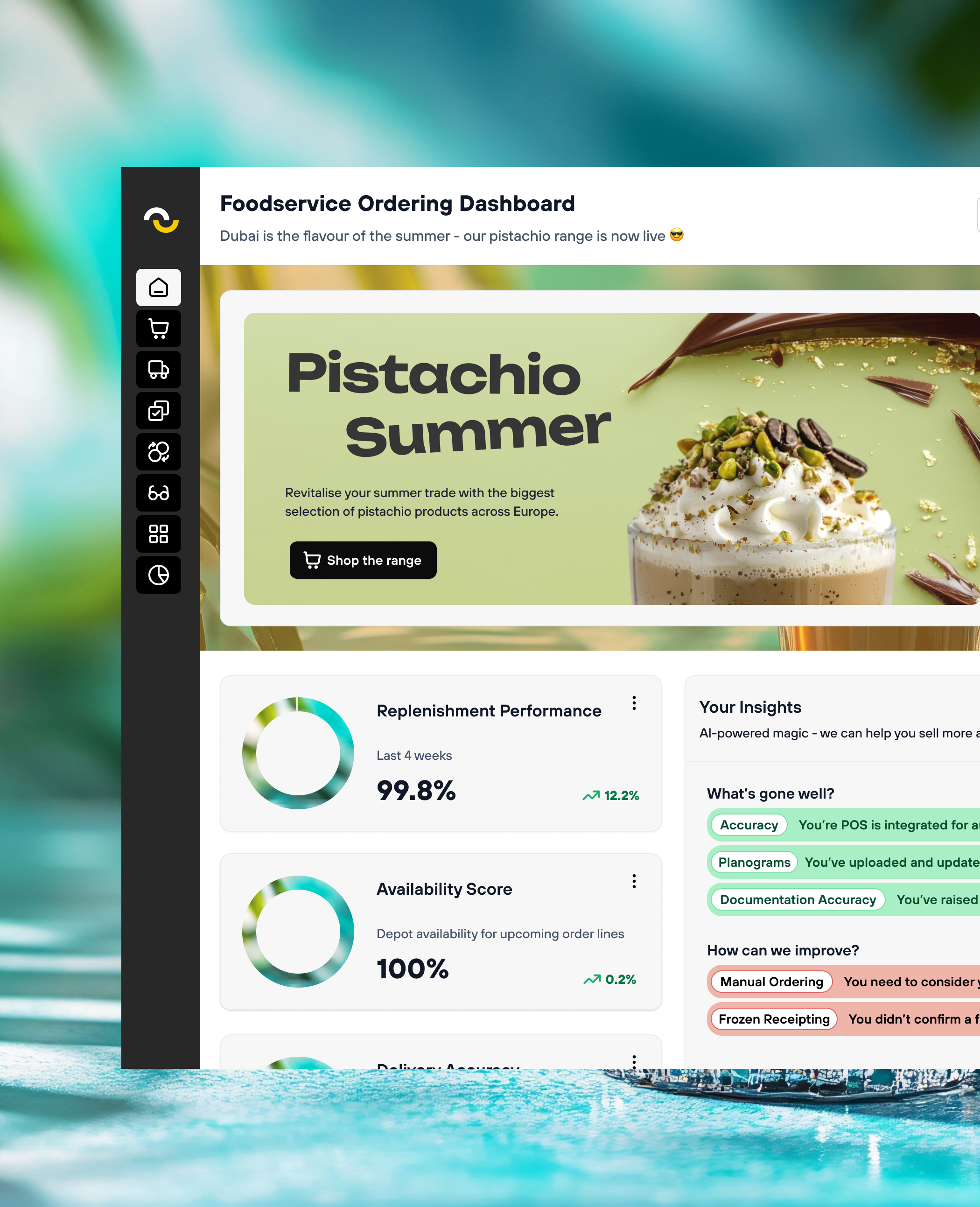

Remote working — it’s not so much been a choice as a necessity forced upon office based teams across the globe. People and businesses have adapted to it in a variety of ways, with varying degrees of success and — for some — a host of commercial, operational and personal challenges.
But with tech giants such as Google and Spotify committing to remote working into 2021, and Twitter committing to working remotely permanently, now is the time to look beyond lockdown and see how to equip your formerly office-based team for working in the new normal.
Response to consequence
In a timeline stemming from events that followed 9/11, Netflix shocked the business world with its 2009 culture deck. This took in learnings around efficiency and inefficiency, talent, skillsets, and economic decisions around HR processes (for example, generous severance packages being more cost effective than drawn-out HR processes to avoid them, or trying to upskill people who don’t want to upskill). The resulting manifesto fostered a results-driven culture encouraging honesty, candour and open conversation. This is a radical approach and certainly not a one size fits all solution, but it has valuable takeaways in terms of learning from changes.

The burden of choice
When looking for the best solutions to the challenges of remote working, it’s very easy to throw a plethora of software solutions at the problem such as Skype, Zoom, Slack, Google Suite, Sharepoint or Whatsapp. And while any of these tools CAN be useful, they won’t necessarily be if their implementation isn’t right.
There is, however, one tool which is free, and can be implemented easily.
Trust: a new organisational concept
A salient feature of the Netflix deck is the message that we’re all adults, and will be treated like so. Though a lot of companies have made progress in this way, many still have room to change their mindset.
Traditionally, you’ve had to
- Work where we say
- Work when we say
- Work how we say
This totally ignores a fundamental fact about people. We’re all different. We learn differently, work differently, communicate differently, and even have different ultradian rhythms, meaning different peaks and troughs in productivity throughout the day.

With clear communication, robust processes and well defined targets, your teams can manage their own time to optimise productivity, and deliver the required output. As long as results are delivered, and check-ins are as regular as required, this can work as well if not better than traditional fixed-hours, location-based operations.
Adaptability in action
People have adapted to the new normal in a variety of ways. From virtual quizzes to virtual gyms, communities have been rebuilt.
During lockdown, we have seen that people have been very resourceful. Ogilvy and Voxi planned, filmed and edited a lockdown commercial using the 4K Galaxy S20 cameras in just 16 days. Joel McHale created a sequel episode to the viral hit Tiger King a little over a month after the first episode aired, using iPhones. Books have been written, albums made, and discussions broadcast by our favourite creators, thought leaders and philosophers.
Our evidence
At Orderly, we achieved a huge win when we were able to deliver the technical solution for Morrisons to provide food boxes within 1 week. Through hard work and an agile team, we proved we can get results with the challenges of a fully remote operation at short notice.
Application of trust
If you want remote working to work for your business, you need to apply trust across different layers of your business. These are:
People
As stated previously, adults need to be treated like adults. And not just as a measure of wellbeing. Consider the economic impact of micromanaging — you can effectively double up on resource costs for a variety of tasks. Decisions made by committee can cost way more than that. Trust people to make decisions in the interests of the business, and give them the same level of trust you want them to give you. If they’re working regular 12 hour days, then something is wrong, but if you don’t know they are, then there’s an even more serious problem.
Processes
Ensuring the right information goes to the right people, and workflows are as smooth as possible, means you can leave people to find their own ways of fitting into the organisation’s ways of working. Having well-defined targets, performance metrics and criteria means you only have to review these things at set times, rather than constantly checking on them and trying to refine without gathering a decent amount of data.
Tools
Have as many as required, not more. Every tool should have a specific business case/justification, with clear rules of engagement. Operational, Technical and HR teams should make it a priority to only communicate what’s relevant to people, to keep the noise down and help them with productivity. Using wellness apps can help monitor employee happiness and satisfaction if the ability to check in regularly is restricted, or there is an imbalance in organisational structure.
Yourself
Whether a leader or part of the team, you need to trust in your own abilities. Demonstrate to the team that you’re responsibly working flexibly and remotely where appropriate. If, however, you’re more comfortable sticking to office hours and working back in the office once this is feasible, then be open about this, but make sure to highlight that this is personal preference and not an expectation.

Benefits of a culture built on trust
If you can successfully create a trusting, flexible organisation, then there can be a number of positives:
The benefit to the bottom line
According to Global Workplace Analytics, businesses save roughly $11,000 on average by moving an employee to remote working. The same report suggests that staff, on average, save $2,000-$4,000.
Staff satisfaction
Working remotely has seen staff report uplift in work-life balance, better stress management, and improved productivity, which all have benefits for both the individual and the business.
Improved recruitment and retention
As per the Netflix case study, a trusting and open environment with improved staff satisfaction can lead to improved retention of your top talent, vastly reducing the time and costs associated with recruiting for highly-skilled roles.
Commitment to sustainability
In recent years, commitment to the planet has become a bigger factor in buying decisions for people — brands like Patagonia have achieved a high level of brand evangelism through their messages of reuse and recycling. One easy way businesses can start to give back to the planet is through carbon footprint reduction generated by remote working.










.svg)

.svg)
.svg)